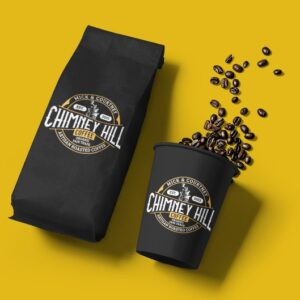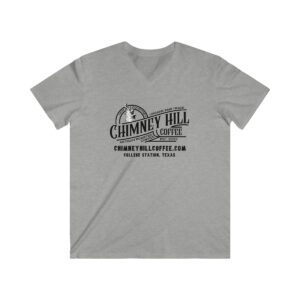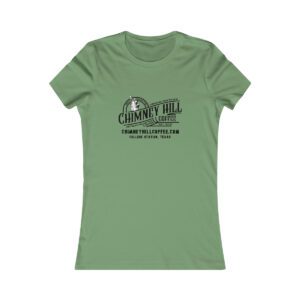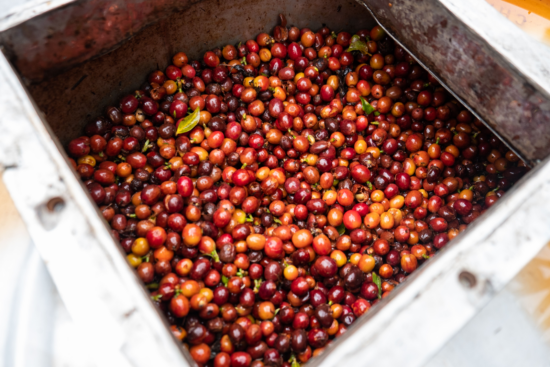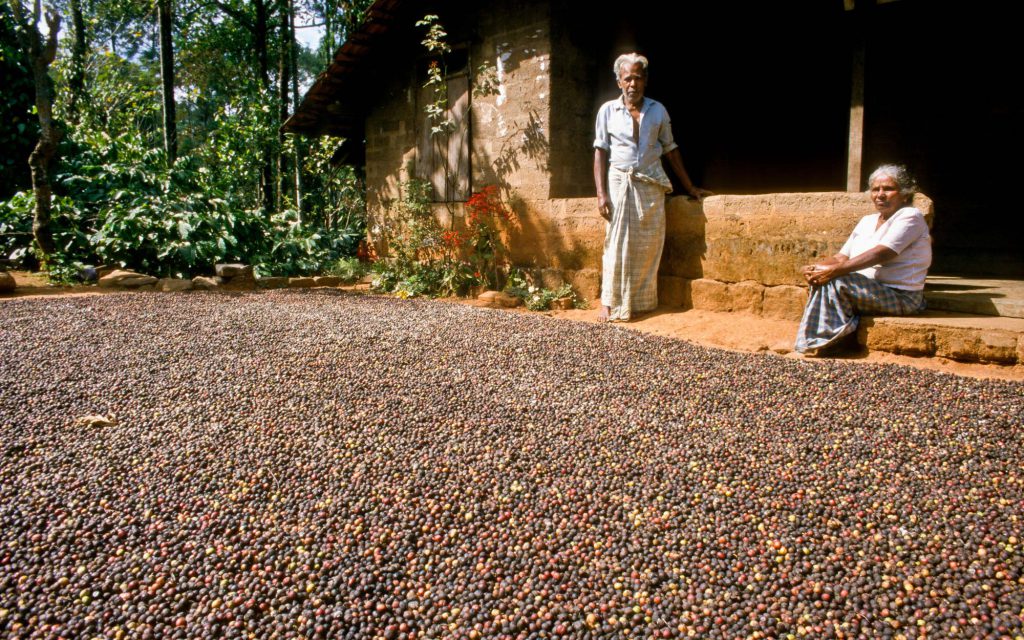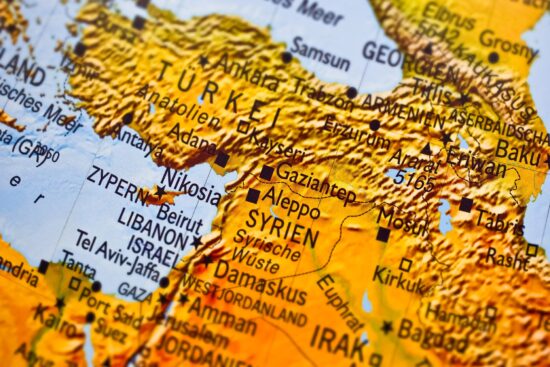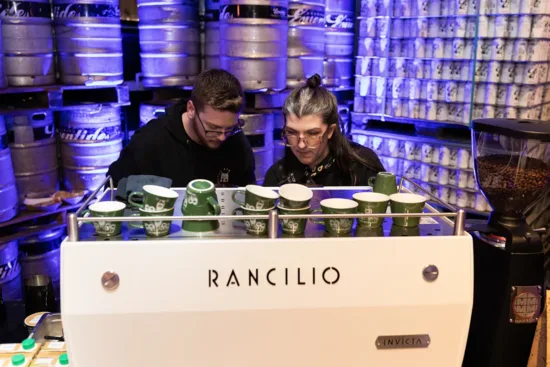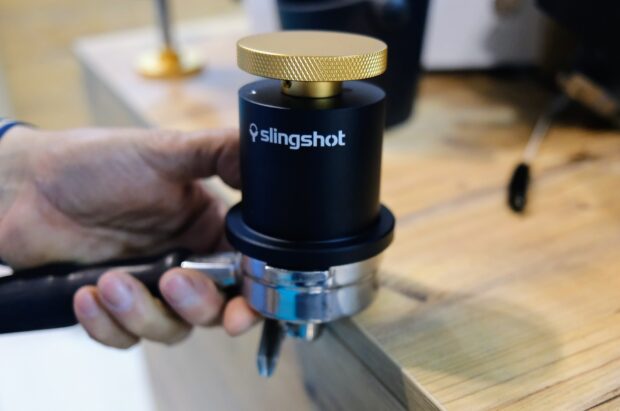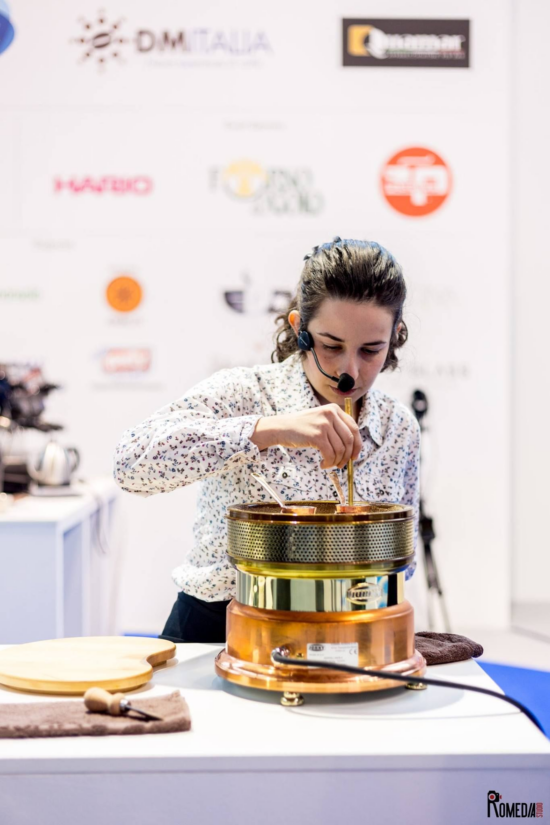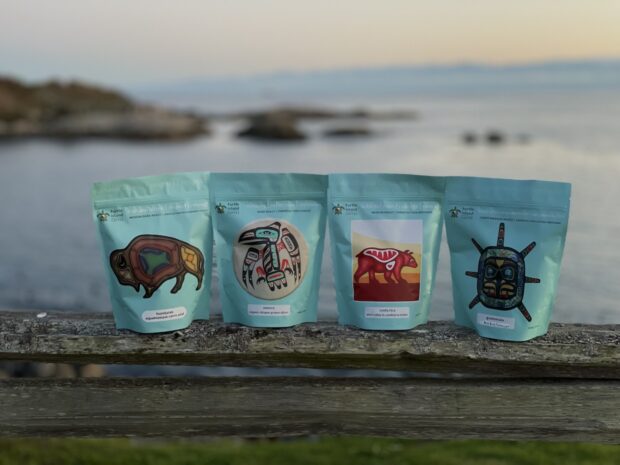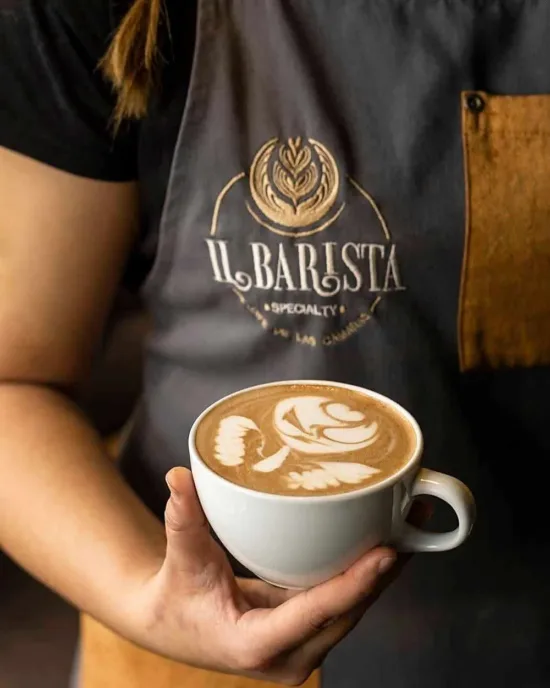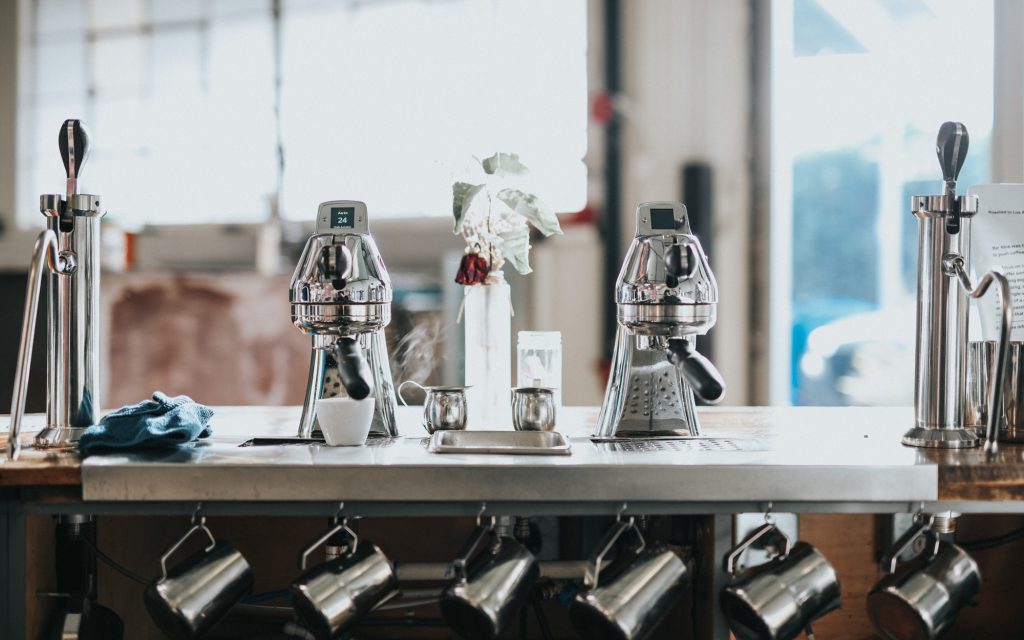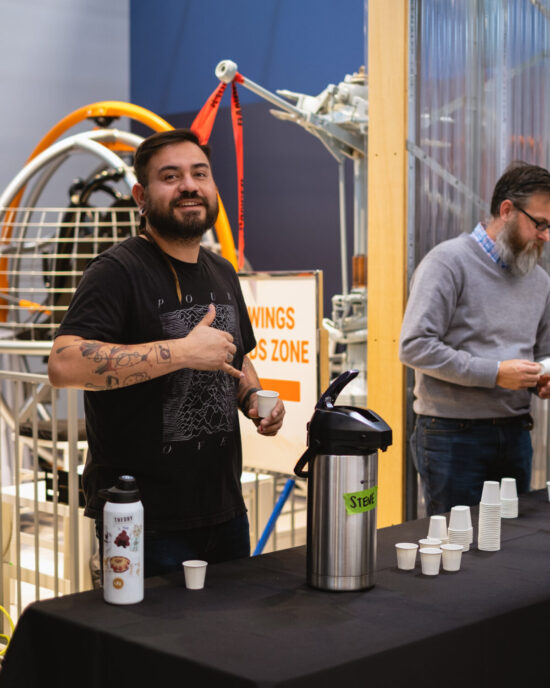The Malaysian capital is often visited in a hurry, but visitors who take the time to explore will discover a welcoming city, thanks in part to its friendly specialty cafés. BY TANYA NANETTI SENIOR ONLINE CORRESPONDENT Photos by Tanya Nanetti Kuala Lumpur, the capital...
Know Your Sweeteners: Honey: Part Two
Know Your Sweeteners: Honey: Part Two
Know Your Sweeteners: Honey: Part Two
Know Your Sweeteners: Honey: Part Two
Know Your Sweeteners: Honey: Part Two
Know Your Sweeteners: Honey: Part Two
Thread Coffee Roasters Opens Tailor-Made Roastery in Baltimore
The interwoven actions of Thread Coffee Roasters in Baltimore are finding exponentially more space this week with the grand opening of a brand-new production roastery and training lab. The worker-owned...
Toronto’s Pilot Coffee Roasters Acquiring Bridgehead Coffee for $3.6 Million
Toronto, Ontario-based specialty coffee roaster and retailer Pilot Coffee Roasters is acquiring Ottawa-based Bridgehead Coffee in a deal worth approximately US$3.6 million. Bridgehead, which has 21 coffee shop locations throughout...
Baking With Coffee For Beginners
This article is from the coffee website Sprudge at http://sprudge.com. This is the RSS feed version. Where to get started when introducing coffee to your bakes.
Bypass coffee brewing: How can it improve extraction?
There is a lot of science to brewing coffee. Whether knowingly or unknowingly, we trigger – and try to control – an almost endless number of chemical reactions to achieve the perfect extraction. To do so, we have to tweak different variables – such as grind size,...
Hawaiian Legislators Introduce Bills for Stricter Coffee Labeling
Legislators representing the Kona district of Hawaii have introduced a series of bills that would require more strict labeling requirements for single-origin coffees and blends containing Hawaiian-grown coffees. Some Kona...
New AFCA Director Gilbert Gatali on the 20th African Fine Coffees Conference
As the African Fine Coffees Association (AFCA) prepares for the 20th iteration of its flagship event, the African Fine Coffees Conference and Exhibition, the group is operating under new executive...
Philadelphia’s Café Don Pedro Seeks to Build Up Small Businesses
A Dominican-owned coffee roasting company called Café Don Pedro recently launched in Philadelphia with ambitions for direct trading and boosting more Latino-owned small businesses throughout its supply and distribution networks....
How much do you over-extract coffee in recipes?
This is sort of an odd question, but it's not a troll. While I love brewing specialty coffee, I also enjoy frappes (with or without ice cream). A major hurdle when using my espresso has been that while the final beverage tastes fine, the coffee is just too high...
Sprudge Maps Spotlight: Little Bear Coffee In Albuquerque, NM
This article is from the coffee website Sprudge at http://sprudge.com. This is the RSS feed version. Little Bear Coffee in Albuquerque, New Mexico.
Starbucks Will Hold their Own Barista Championship Thank You Very Much
This article is from the coffee website Sprudge at http://sprudge.com. This is the RSS feed version. The North American Barista Championship is expected to host over 15,000 Starbucks hourly workers.
What I Learned from My First Tea Ceremony
After taking in a brief moment of a tea ceremony in Thailand, I finally had the chance to participate in the full experience recently in Malaysia. BY TANYA NANETTI SENIOR ONLINE CORRESPONDENT Photos by Tanya Nanetti In the years that I worked as a barista in a café,...
Why it’s easier for wealthier producers to grow specialty coffee
It takes money – and sometimes a lot – to grow specialty coffee. Producers not only need to continuously maintain and improve quality and yields, but they also have to invest back into their farms. Whether it’s replacing equipment and machinery or planting more...
Does specialty Robusta exist?
Hello! Has anyone tried 'specialty robusta'? I work with specialty cacao, and I often observe Robusta shrubs being cultivated at lower altitudes alongside cacao trees. Some farmers are experimenting with carbonic maceration to enhance the marketability of...
[MOD] The Daily Question Thread
Welcome to the daily /r/Coffee question thread! There are no stupid questions here, ask a question and get an answer! We all have to start somewhere and sometimes it is hard to figure out just what you are doing right or doing wrong. Luckily, the /r/Coffee community...
The Sprudge Guide To Coffee Shops In Vancouver, BC
This article is from the coffee website Sprudge at http://sprudge.com. This is the RSS feed version. Where to drink coffee in Vancouver, British Columbia, Canada.
Coffee Machine (High density use)
Hi everyone, i am new in this coffee world and i am looking to buy me a coffee machine to setup a small business. I am looking for affordable machine that is good for high density use. Im open for any recommendation and opinion. Thank you guys! Here is what ive found...
Which to buy first?
Hi there, mostly a lurker until now. I'm trying to incentivize myself towards some goals and decided that rewarding myself with a better coffee set up upon reaching those goals would be great. I plan to get myself one nice thing when I reach my intermediate goal...
[MOD] The Official Deal Thread
Welcome to the /r/Coffee deal and promotional thread! In this weekly thread, industry folk can post upcoming deals or other promotions their companies are holding, or promote new products to /r/Coffee subscribers! Regular users can also post deals they come across....
The London Coffee Festival has just more than doubled its ticket price
Last year: £18 This year: £38 Unbelievable. It’s the same venue and same setup. I’m just an ordinary coffee fan and every year I spend a lot buying roasts and equipment there. submitted by /u/gahgeer-is-back [link] [comments]
Explain making good coffee to me like I’m 5.
Hi everyone, I’m not new to drinking coffee, but I’d like to start making it (well) at home myself. I’m totally clueless. I have an old Keurig that I rarely use, as well as a basic Mr. Coffee maker. Usually I buy dark roast ground coffee (I do like a good, strong cup...
Seeking instant test for rough caffeine level in coffee
About once a month, some inattentive barista gives me regular coffee by mistake, which is a bummer. I drink decaf. So when I get coffee at a cafe, I'd like to do an instant test of the rough caffeine level by dipping a strip into the coffee. Something analogous...
Questions/thoughts on cardamom-forward "thermal shock" processed coffees.
Hey everyone, Having a cup of Buttercream from September roasters and got to thinking. This is the second thermal-shock processed coffee I have had with this huge, distinctive cardamom note (The other being DAK milky cake which is also from Colombia, but from a...
Third Wave Coffee brands
Greetings to all, I am reaching out to this knowledgeable community with a query regarding the recognition of coffee brands within the third wave coffee movement. Is there an existing, publicly accessible list that categorizes and acknowledges coffee brands as part of...
Know Your Sweeteners: Honey: Part Two
We continue our deep dive into honey, bringing to light environmental and animal rights concerns related to the product, and how the industry is addressing them.
BY EMILY JOY MENESES
BARISTA MAGAZINE ONLINE
Feature photo via Unsplash
This week we started our discussion of honey, uncovering how it’s produced, the differences between varieties of honey, and what exactly “raw honey” is. Today, we’re continuing our exploration by turning our attention to environmental concerns.
Though honey has been a café and culinary staple for as long as most of us can remember, the ingredient has come under fire in recent years, with questions of sustainability emerging. So what’s the truth—is honey actually bad for the environment? When uncovering the answer, there are a few things to consider.
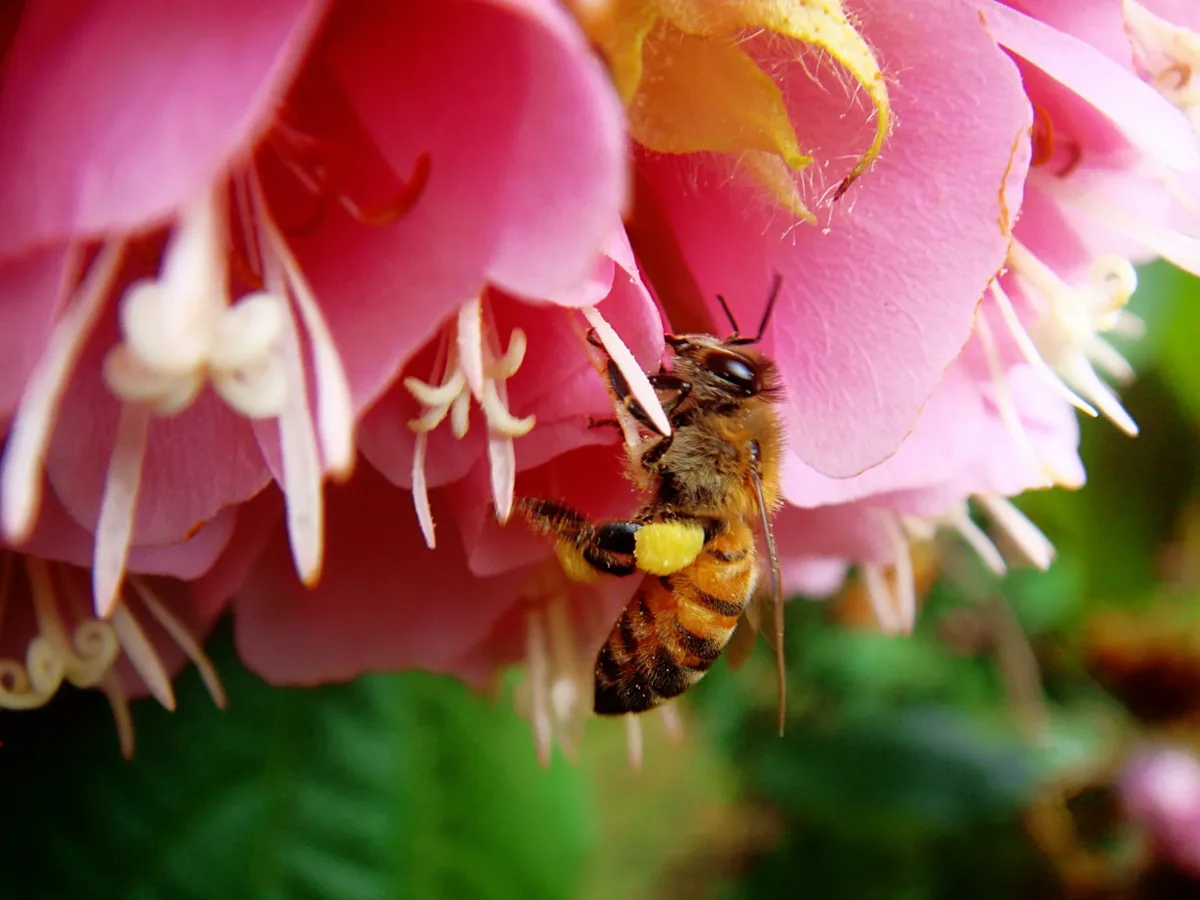

“Save the Bees”: Distortions in Messaging
Chances are that you’ve heard of the “Save the Bees” movement, a call to help preserve and restore bee populations, under the pretense that bees’ pollination of flowering trees and plants is essential to maintaining biodiversity. However, in this article for Scientific American, Alison McAfee, Ph.D., a honey bee researcher and postdoctoral fellow at North Carolina State University’s Department of Entomology and Plant Pathology, points out the distortions in the campaign’s messaging and how it’s harming, rather than helping, the environment.
According to Alison, the media disproportionately covers the need for honey bees over native bees, though only about 5% of the global bee population is made up of honey-producing bees. As a result, hundreds of thousands of Americans have taken up honey beekeeping as a hobby, believing it to be a conservation practice. In reality, native bees are the ones at risk of extinction and in need of attention and support. The increased presence of honey bee colonies has also led to increased competition between native bees, with honey bees monopolizing floral resources and taking sustenance away from already-in-decline native bee populations.
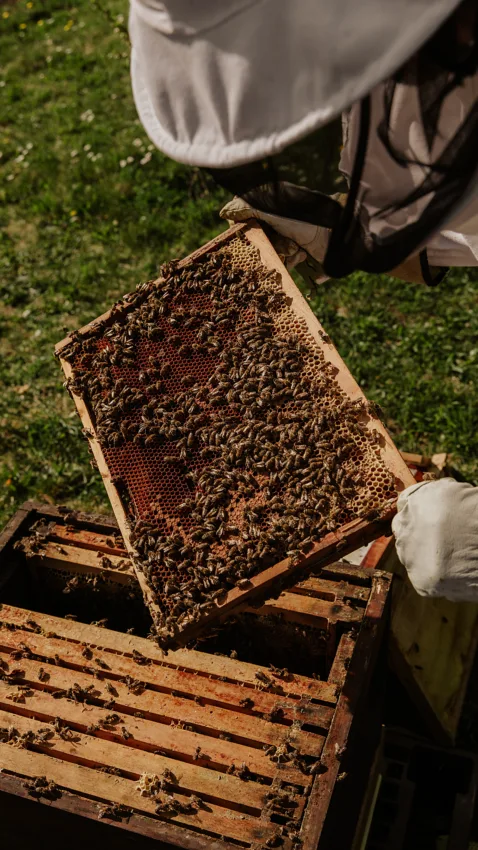

While “Save the Bees“ has good intentions, it’s important to note that honey bees aren’t the only ones in need of saving. If biodiversity is what we’re after, we need to turn our attention to native bees, too.
A Double-Edged Sword
Even amidst concerns around honey beekeeping and honey production, it’s important to compare honey’s effect on the environment to other sweeteners. While honey has its own problems, many still point to the fact that it’s more sustainable than sugar for a number of reasons.
First off, honey production doesn’t require land cultivation the way that sugar production does. Sugarcane fields require acres of land, leading to deforestation and the destruction of thousands of animals’ natural habitats. In addition, honey production emits fewer greenhouse gasses compared to sugar production. It requires less equipment and, typically, less travel; most sugar in North America has to be imported from South and Central America, Australia, and the Caribbean.
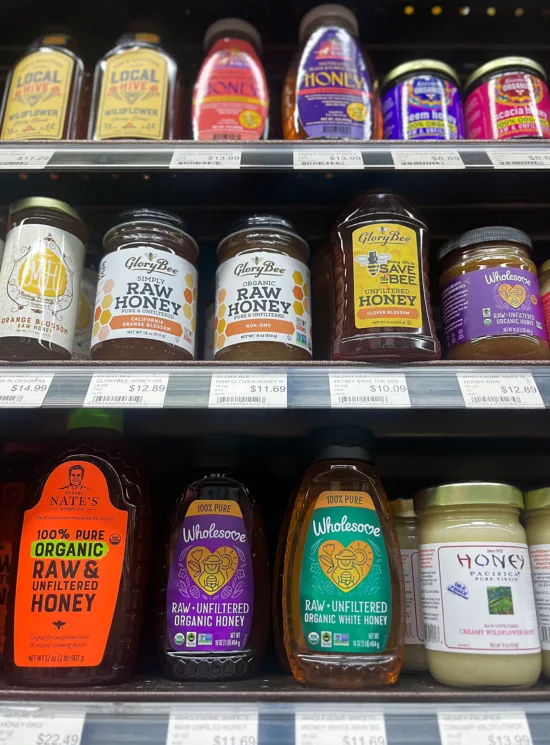

Making Choices as a Consumer
We can’t tell you what the right answer is for you when it comes to honey consumption—but, knowing the varying sides of the debate, you can make more informed decisions in your everyday life. Stay tuned for future installments of our “Know Your Sweeteners” series, where we’ll discuss molasses, agave, and more.
ABOUT THE AUTHOR
Emily Joy Meneses (she/they) is a writer and musician based in Los Angeles. Her hobbies include foraging, cortados, vintage synths, and connecting with her Filipino roots through music, art, food, and beverage.
Subscribe and More!
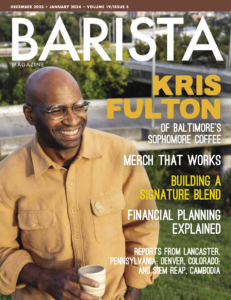

Out now: It’s the December 2023 + January 2024 issue! Read it for free with our digital edition. And for more than three years’ worth of issues, visit our digital edition archives here.
You can order a hard copy of the magazine through our online store here, or start a subscription for one year or two.
The post Know Your Sweeteners: Honey: Part Two appeared first on Barista Magazine Online.

